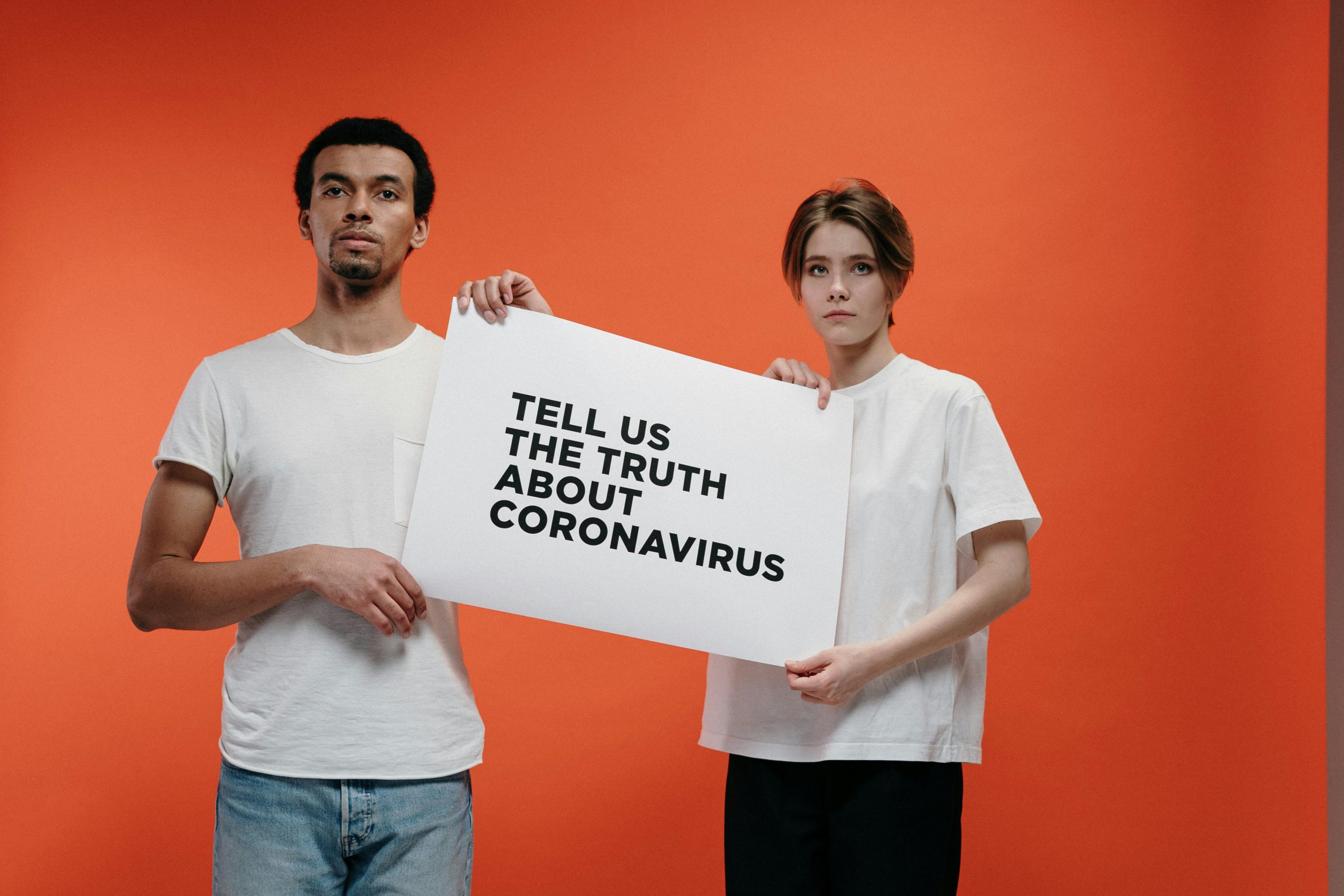In today’s fast-paced and ever-evolving society, one particularly frustrating aspect is the pervasive spread of misinformation and disinformation. The digital age, while providing an abundance of information at our fingertips, has also led to an overwhelming proliferation of false and misleading content. Social media platforms, in particular, amplify this issue by allowing unverified information to spread rapidly across global networks. This not only causes confusion and division among communities but also erodes trust in legitimate sources of information. The impact of misinformation is especially concerning when it influences critical areas such as public health, politics, and social issues, leading to misguided actions and polarizing debates. The challenge lies in the need for improved digital literacy, stronger fact-checking mechanisms, and a collective effort to prioritize truth and accuracy in information sharing.
What aspect of this chaotic world frustrates you the most?

Categories:
Related Post

Can a supercritical fluid be tranformed into plasma?Can a supercritical fluid be tranformed into plasma?
Yes, a supercritical fluid can be transformed into plasma. In fact, if you continue to add energy to a supercritical fluid, this transformation is the inevitable next stage.However, unlike the

What are the sources for IT students to find on-the-job training opportunities in Bacolod City?What are the sources for IT students to find on-the-job training opportunities in Bacolod City?
IT students seeking on-the-job training (OJT) opportunities in Bacolod City have several avenues to explore. Firstly, they should search for technology companies and startups based in Bacolod, as these organizations

What strategies can be used to discreetly and gradually irritate a difficult coworker?What strategies can be used to discreetly and gradually irritate a difficult coworker?
It’s important to address workplace bullying professionally rather than resorting to actions that might escalate the situation or create a toxic environment. Here are some strategies that can help manage